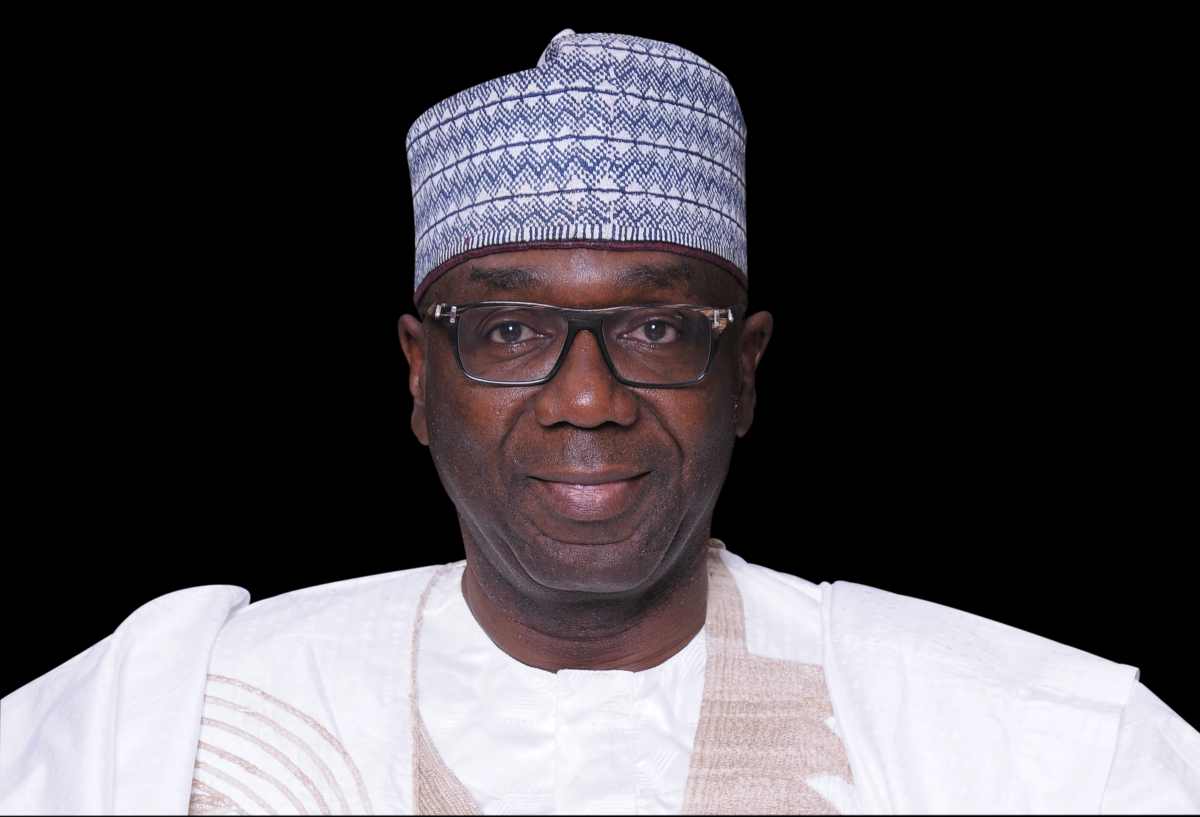A few hours away from now, the media would be awash with appraisals of chief executives across Nigeria.
This is particularly true of first term governors who were sworn in on May 29, 2019.
Kwara will not be different.
Friends and foes of the administration of AbdulRahman AbdulRazaq, egged on by closet admirers on both sides, would struggle to shape the narrative in an endless battle for the mind of the people.
Kwara is a peculiar terrain.
The past 12 months have been very eventful.
Going by available resources, no fair-minded person will rate the AbdulRazaq administration below 70 percent in critical and impactful interventions across sectors: education, public health, youths and sports, agriculture, water, and road — all of which have got huge investments (as I attempted to chronicle in my ‘AbdulRazaq and 365 days of impactful governance in Kwara’).
The icing on the cake is its light-speed response to public yearnings.
But equally significant as the giant, people-centric strides of the administration are what scholars of government call the intangibles.
The intangibles cannot be quantified but they can make or break any society.
The intangibles, particularly in terms of power relations, are what shape the character and worldview of a people over time.
For many years, people lived in awe of anyone at the Ahmadu Bello Way.
Escorted by dozens of vehicles and fear-inducing security agents, officials arrived public events in grand, commando styles that portrayed them as superiors to the next person.
They lived grandiose lifestyles in spite of meagre resources, poor public infrastructure, and abysmal living standard of the people.
Over time, this public show of unwarranted opulence and raw power became the norm in Kwara.
AbdulRazaq has not been perfect these past 12 months.
But the difference has been clear.
He has gradually succeeded in changing people’s perception of the office of Governor — that the occupier is just another human being elected to hold power in trust for the masses and could be questioned on the streets on matters of public affairs.
He routinely stops on the street to interact with citizens and take selfie with them, if they so wish.
He carries his own bag.
He carries his own files.
He is embarrassed having a crowd stand for him.
Most of the time he arrives events right on time while the hosts are still preparing.
If he ever arrives late to an event for any reason, he walks in quietly without being noticed.
This was an anomaly in our clime.
Leaders sauntered into events many hours behind time, their security aides bullying their way into the hall.
The consequences had been a disorderly society where many people lost every sense of decorum and the lowest of public officials behaved in like manners to show naked power.
The effects trickled down to the society as anyone with the slightest link to the Ahmadu Bello Way held courts in their own cocoon.
AbdulRazaq is changing this in Kwara, although it has been tough getting people to adjust!
At his inauguration in May, people waited for instant dismissal of the top echelon of the civil service who worked with the last administration.
People expected him to instantly sack over 2,000 sunset teachers who had recently been engaged by the former administration.
Partisans expected immediate, arbitrary dissolution of elected local government executive and legislative committees.
People wanted former officials haunted down, disgraced and chased out of town.
People simply wanted many things done like before.
The irony of such expectations was that these are arbitrary actions that made Kwarans loath and reject the former administration and everything it represented.
So, why did they want same done under a ‘change’ administration?
It is because two in every three persons in the state had been used to such arbitrary behaviour.
Such behaviour, vengeful and bad as it is, was the norm.
People had become accustomed to abnormal conduct.
And this exemplifies the extent of the damage the dethroned political tendency had done to the psyche of the people.
That AbdulRazaq refused to toe that path was another major intangible that would reverberate in the future if he succeeds in consolidating the new political culture in Kwara.
People are now getting used to a new thinking.
Some people have suggested that the Governor is ‘soft’.
That is because many clearly wanted him to brazenly haunt down certain persons on assumption of office or violently repress those who disagree with him politically — a throwback to the years Kwarans rejected.
Such views were possibly borne out of pent-up anger from the persecution and humiliation many people suffered in the past.
He has been calm even in the face of wanton abuse of the social media space and libellous and hateful comments, resisting the temptation to bare needless fangs as was the case before now.
While a few persons have sought to cast the administration as not transparent, the opposite is true.
Lack of transparency is a laughable charge against a government that constantly invites nonpartisans to monitor its activities.
For the first time in many years, the Governor has revived the Price Intelligence Unit to guarantee value for public funds.
That is hardly the quality of somebody wanting to mismanage taxpayers’ money.
The state government shared palliatives worth over N500m naira as COVID-19 pandemic kept people at home.
It was the Governor’s idea that whatever that was being distributed in the name of the state should go to the vulnerable (Kwarans).
Echoed by his Deputy Mr. Kayode Alabi, it was his idea that the palliatives be devoid of partisanship because he had sworn to serve every Kwaran, and not just members of his own political family.
Subtle protests from certain quarters were acknowledged but the Governor insisted that everyone must benefit equitably.
This was not the Kwara we all knew!
As this administration hits one year mark, one of the greatest legacies has been the zeal with which the Governor completed projects inherited from the previous administrations.
For him, these projects were conceived and kickstarted with taxpayers’ money and letting them to ruin is the worst betrayal of public trust. This was never the practice before.
Many uncompleted projects from decades before still litter the state, many of them abandoned purely on account of political differences with the initiators.
For the first time, gender parity (inclusion) in cabinet composition is hugely pronounced in Kwara — far more than anywhere in Africa — with 56.25 of his commissioners being female.
That is a licence for the long-repressed girl child to reach for the stars.
In Kwara today, people need no political affiliation to benefit from whatever their state can offer.
You doubt that?
Ask the students who benefited from scholarships and bursary.
Ask the transporters who benefited from the ongoing palliatives.
And ask the oldies who are being randomly enrolled into the state’s safety net programme purely on the basis of need and of meeting the nonpartisan criteria.
Nobody asked anyone for their political card membership or affiliations.
This is not the Kwara we knew.
The governor has done very well in the area of critical infrastructure, especially those targeting the poor.
Kwara now has better equipped hospitals.
Schools are being repositioned.
Water is running in many parts of the state.
Many communities are being linked with good roads and to the national grid.
The elderly are being saved from destitution.
And Kwara is moving up in many indices of development.
But I wager that bookmakers would score him a lot higher in his efforts to evolve a new Kwara driven by values, empathy, and good character.
These intangibles would germinate a new political culture that is critical to sustainable development.
Ajakaye is the CPS to the Governor of Kwara State.

 Join Daily Trust WhatsApp Community For Quick Access To News and Happenings Around You.
Join Daily Trust WhatsApp Community For Quick Access To News and Happenings Around You.


